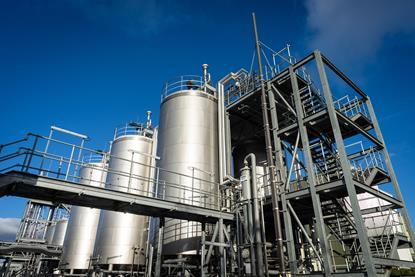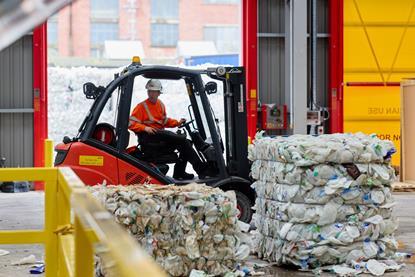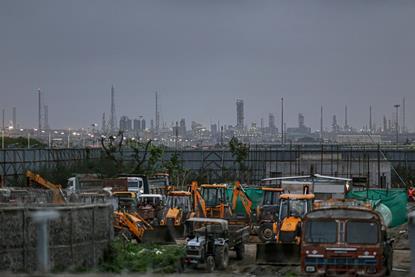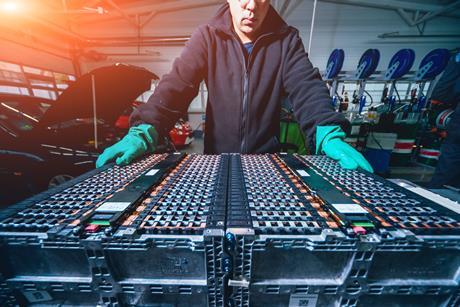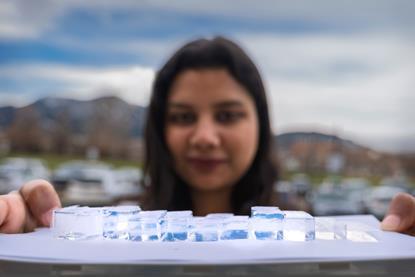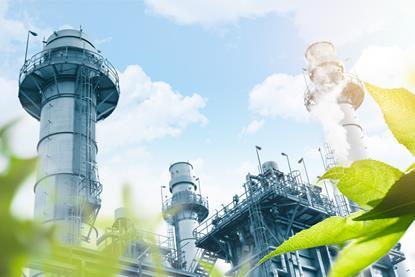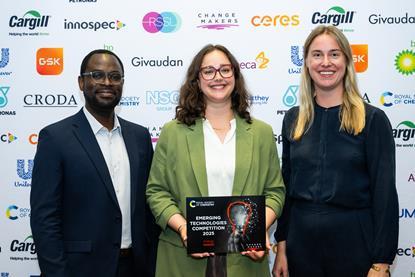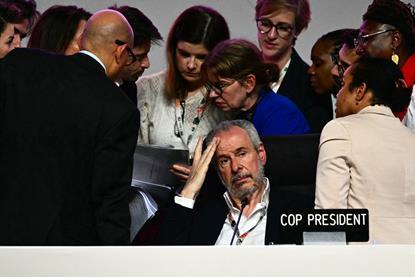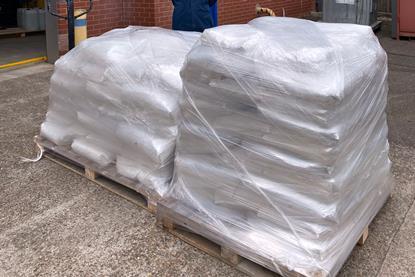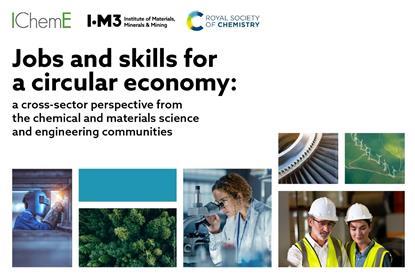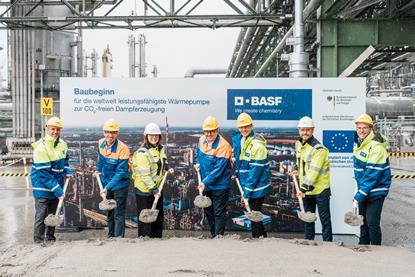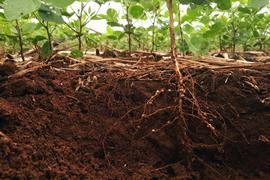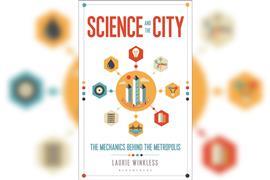Cop26: together for our planet
The 26th UN Climate Change Conference of the Parties, better known as Cop26, held in Glasgow, UK, is a crucial opportunity for world leaders to gather and agree how nations will work together to reduce and mitigate the impacts of climate change. There is much at stake, and many political, economic and societal factors are involved in overcoming this global challenge. One thing of which we can be certain is that chemical science will make a significant contribution to the innovations and technologies needed for a greener future.
Rethinking hydrogen peroxide production
Hydro-Oxy and Addible both aim to transform how industry produces and uses a ubiquitous oxidant.
Lithium-free battery breaks voltage barrier for ultra-cheap energy storage
New chemistry overcomes drawbacks that have hampered this promising class of battery
Textiles in the age of sustainability: alternative methods for fabric dying and treatment
Learn about advances in sustainability of textile production – join us on 31 March
The RSC’s climate challenge
The Royal Society of Chemistry aims to use Cop26 as a springboard to a more sustainable future. Rachel Brazil reports
Funding boost for Grangemouth whisky waste-to-chemicals firms
Governments hope £9 million in grants will help MiAlgae and Celtic Renewables replace oil-refining jobs
Plastic recycling’s perfect storm
Pending policies that demand more recycling cannot offset problems of high costs and competition from cheap virgin polymers
Chemicals industry roundup 2025
Europe hit hard by China’s independence push, but India is growing
How a circular economy and nanotech save us from a clean energy bottleneck
A carbon-neutral future depends on smarter materials and circular thinking
Insulating window material prevents heat loss while allowing more light through than glass
Easy to make polymer could be used for energy efficient buildings
The Antarctic manganese mystery
RRS Sir David Attenborough scientists are trying to measure the potentially crucial role of ocean manganese, finds Andy Extance. But how do you do cutting-edge science in the inhospitable Southern Ocean?
Global analysis identifies trends in platform chemical research
Ammonia and methanol lead shift towards greener technologies
Arlene Blum: ‘Our summit is reduced toxics’
The biophysical chemist on the link between climbing and reducing the use of toxic chemicals
Taking aerogel insulation from spacecraft to living space
Nanoplume’s bio-based materials are super-insulating but also cheap and scalable
Inhaler propellant switch is worth the effort
Memories of a year spent testing new inhaler valve designs
We’ll always have Paris… won’t we?
A decade on from Cop21, the Paris agreement has delivered change, but keeping it on track is getting harder
UK firm reaches tonne scale MOF manufacturing
Promethean Particles’s continuous flow process can produce carbon-capturing material at 100kg/hr
Algenesis cracks diisocyanate problem to make fully bio-based polyurethane
Process combines algal fermentation with flow chemistry and avoids hazardous phosgene
Going round in circles over skills
Closing skills gaps in key professional groups requires collaboration between government, industry and educators
Food and us: the incredible story of how food shapes humanity
Learn about the intricate interplay between our genetic and physical makeup and the food we eat
Have MOFs now made it?
Will Nobel prize speed porous materials to commercial success?
BASF begins building huge industrial heat pump for low-carbon steam
When powered by renewable electricity, BASF says system will cut carbon emissions by up to 98%
Podcasts

Racing Green by Kit Chapman – Book club
Motorsports are saving the world
Source: © Royal Society of Chemistry
- Previous
- Next




